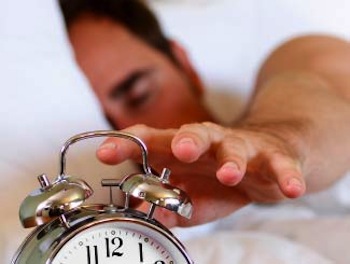First, try the easiest things, like these:
- Stick to a regular bedtime.
- Turn off your computer and TV an hour before bed.
- Take a little time to relax before you go to sleep.
- Spend less time in bed. If you can, get up. You want to train your brain that the bed is for sleep. Also, limit daytime naps.
- If you can't sleep, get up for a little while and try again.
- Don't drink alcohol close to bedtime.
If that doesn't take care of your sleep problems, tell your doctor about it. They can check on any conditions you might have, your medications, and let you know if a sleep specialist might help.
What Else Might Cause Sleep Problems When You’re Older?
- Change: Life changes such as moving, physical limitations due to illness, or the death of a loved one can cause stress and make it hard to sleep.
- Conditions: Arthritis, sleep apnea, and restless legs syndrome can all make sleeping harder.
- Retirement: You might have a lot more downtime and be less active during the day. That can throw off your sleep-wake schedule.
- Illness: If you have heart failure, arthritis, heartburn, an enlarged prostate, or Alzheimer's disease, then you may have a hard time falling or staying asleep.
- Medications: Some drugs might keep you from falling asleep or staying asleep. Some can even make you feel more awake at night.
Again, talk to your doctor if you’re having trouble sleeping. They can help make sure any conditions you have are being treated well, adjust medications that may be affecting you, and offer suggestions or referrals to people who can help you deal with life’s changes and get the sleep you deserve.




